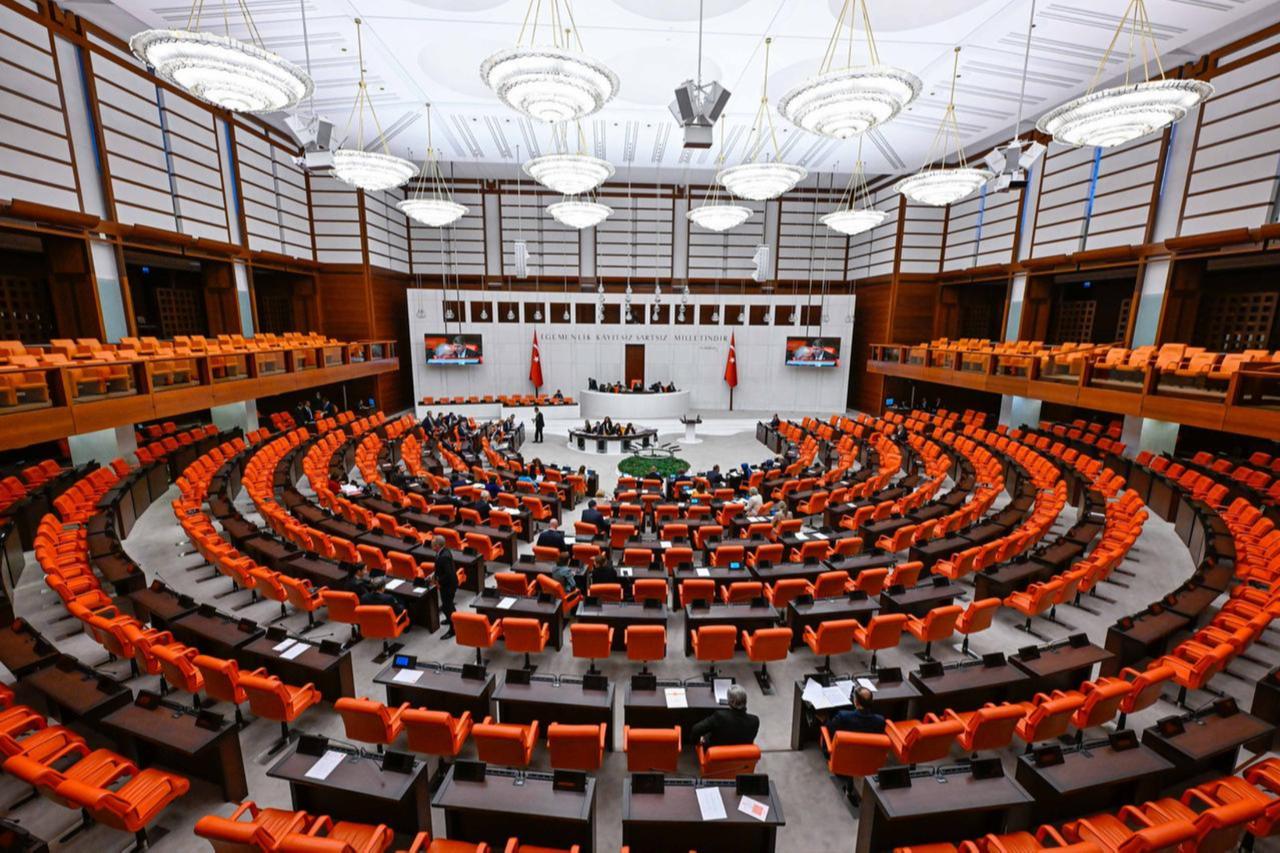
Türkiye’s Parliament officially passed its first national climate law, laying the foundation for a legally binding framework to reduce greenhouse gas emissions and adapt to climate impacts. This law establishes a national emissions trading system (ETS), clarifies institutional roles, and is a step forward in the TS net-zero objective to achieve net zero by 2053.
This change in legislation follows a growing concern for the environment in Türkiye as well as mounting pressure on international agreements. After years of all-time high temperatures, increased wildfires, such as the latest large-scale blaze in the Izmir region, and drought in central provinces, lawmakers accelerated efforts to codify climate governance. The step puts Türkiye in the same row with countries that have already established carbon price mechanisms and those that have framed special climate.

This new climate law comes with several structural modifications that target reduced emissions in various sectors. It involves a national ETS where the carbon emissions of large pollutants will be capped and permits that allow trading will be issued. By 2026, a pilot phase of the ETS is likely. The industrial concerns especially the energy, cement, and steel industries will be expected to monitor, report, and ultimately pay for their emissions.
Implementation will be headed by a Climate Change Directorate in the Ministry of Environment, Urbanization and Climate Change. The law additionally obliges cities to integrate local plans on climate adaptation and encourages financial support for clean energy and sustainability. It will have a Carbon Market Board to control the price of carbon and allow distribution and transparency of market-based strategies.
The politics encapsulates climate justice and the safeguarding of biodiversity as a legal precept, an aspect of probity in the green transition. Companies that cannot manage to report or who pass the emission level without permission will be punished.
According to Environment Minister Murat Kurum at the parliamentary meeting, the legislation provides a legal corridor to climate resilience and economic transformation ensuring that the national development of Türkiye perfectly matches the global environmental agenda. Its passage was supported by legislators on both sides of the political spectrum, but it was criticized by some opposition legislators, who argued that it did not include more stringent greenhouse gas reduction goals in the short term and that commitment to fossil fuel reductions was not as specific.
International observers welcomed the law as a significant step. ClientEarth, an environmental legal nongovernmental organization (NGO), described the development as “historic” and urged Türkiye to now focus on robust enforcement and scientific transparency. The European Union, which has been preparing its Carbon Border Adjustment Mechanism (CBAM), is expected to monitor Türkiye’s ETS rollout closely due to trade integration.

Türkiye’s climate legislation comes at a critical time for the region. As the EU expands its green regulatory frameworks and carbon taxes, countries in its trade orbit, including Türkiye, face growing pressure to harmonize environmental standards. The new law positions Türkiye to better manage the financial and diplomatic risks associated with the EU CBAM, which will apply to exports such as iron, steel, and aluminum starting in 2026.
By adopting a formal carbon pricing mechanism and creating oversight bodies, Türkiye further strengthens its case for attracting international climate finance. According to the Ministry of Treasury and Finance, Türkiye could reach the target of billions of euros in green investment through multilateral funds, bilateral agreements, and partnerships with development banks.
Domestically, the law is expected to catalyze the renewable energy sector, which already supplies more than 40% of Türkiye’s electricity generation. Wind, solar, and hydro developers may benefit from increased incentives and project prioritization under the climate law framework.
However, implementation challenges persist. Experts from the Turkish Industry and Business Association (TUSIAD) have called for clearer compliance timelines and more guidance for small and medium-sized enterprises (SMEs). Environmental groups also caution that the law must be supported by follow-up regulations that phase out coal and reduce reliance on imported natural gas.
Türkiye ratified the Paris Agreement in 2021 and committed to becoming carbon-neutral by 2053. The climate law now provides the institutional tools to pursue that goal, but the pace and transparency of enforcement will determine its real-world impact. Over the next 18 months, the government is expected to release secondary regulations and begin testing ETS operations in selected sectors.
With the climate crisis intensifying and regional dynamics shifting, Türkiye’s first climate law represents both a symbolic and practical turning point in climate history. Whether it leads to measurable emission reductions and a sustainable transformation will depend on political will, corporate accountability, and sustained public engagement.